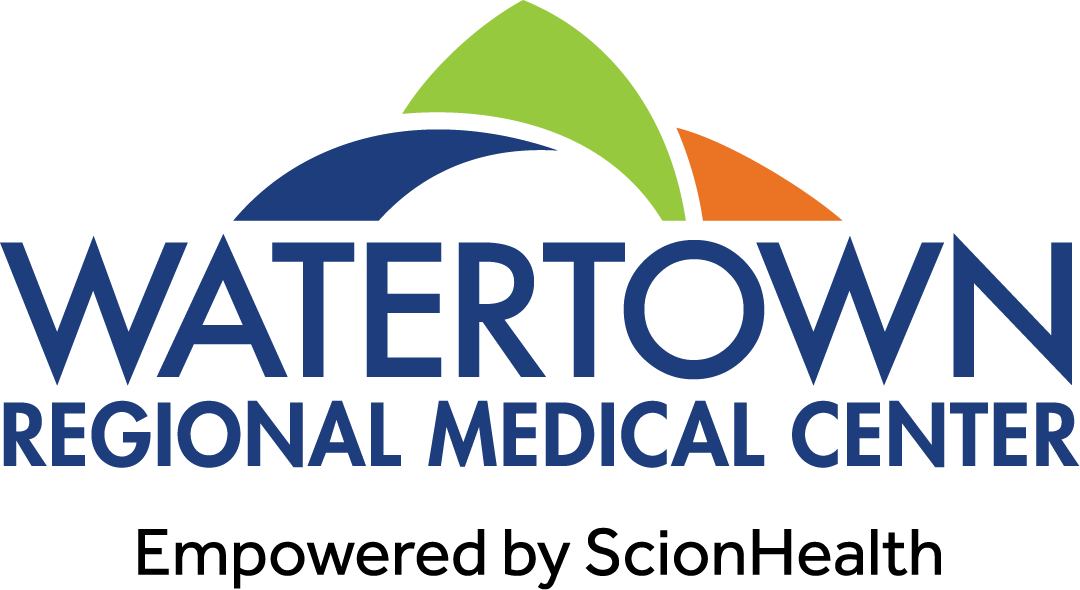Don’t Let Stress Become a Health Issue
April 3, 2025

Some nasty habits – like nail biting, skin picking, teeth grinding, and hair pulling – can all be coping mechanisms for stress.
Physical symptoms – such as headaches, muscle tension, fatigue, sleep issues, digestive issues, increased heart rate, and even chest pain – can be manifestations of stress.
And a variety of emotional symptoms and behavioral changes, from irritability and mood swings to increased drinking or smoking, are often also outcomes of too much stress.
At the risk of causing stress, let’s talk about stress. It can be such an unhealthy thing that this is a conversation worth having, especially with April being Stress Awareness Month.
Stress is so common and pervasive that it affects people of all ages and backgrounds. If you are carrying the added stress of the stigma of stress (yes, that’s a thing) – let it go, because you are not alone. Many, if not most, experience stress. The most important messages of Stress Awareness Month are to recognize it, know its potential consequences, and take steps to manage it.
First, if you’ve experienced the habits or physical or emotional symptoms described above, you are likely to recognize stress. It’s the long-term consequences, however, that should make you really want to know more about coping mechanisms and stress management techniques that lessen impact or remove stress altogether.
Too much stress can harm you. That’s why it is sometimes referred to as the “silent killer.” It can lead to a weakened immune system (increased susceptibility to illness), higher blood pressure, and an increased risk of chronic diseases (e.g., heart disease or stroke).
If stress is too prevalent in your life, try making a few changes. Adopt healthy lifestyle practices like exercise, a balanced diet, adequate sleep, deep breathing, and mindfulness and meditation. Limiting alcohol and caffeine can help, too.
Time management and problem-solving techniques – like prioritizing tasks, setting reasonable goals, and learning to say “No” – can also help. Seeking social support and the connections and emotional support they offer can work wonders, and many find relaxation techniques effective.
If your stress and anxiety are significantly impacting your daily life, consider seeking professional help. Here at Watertown Regional Medical Center, our Directions Counseling providers can help. They will be able to guide you with coping and stress management techniques. Talk to your primary care provider about a referral or call the clinic directly at 920.262.4800.
If “stressed” describes your state of being, take steps to mitigate it or get assistance, because stress unchecked is bad for your health.
